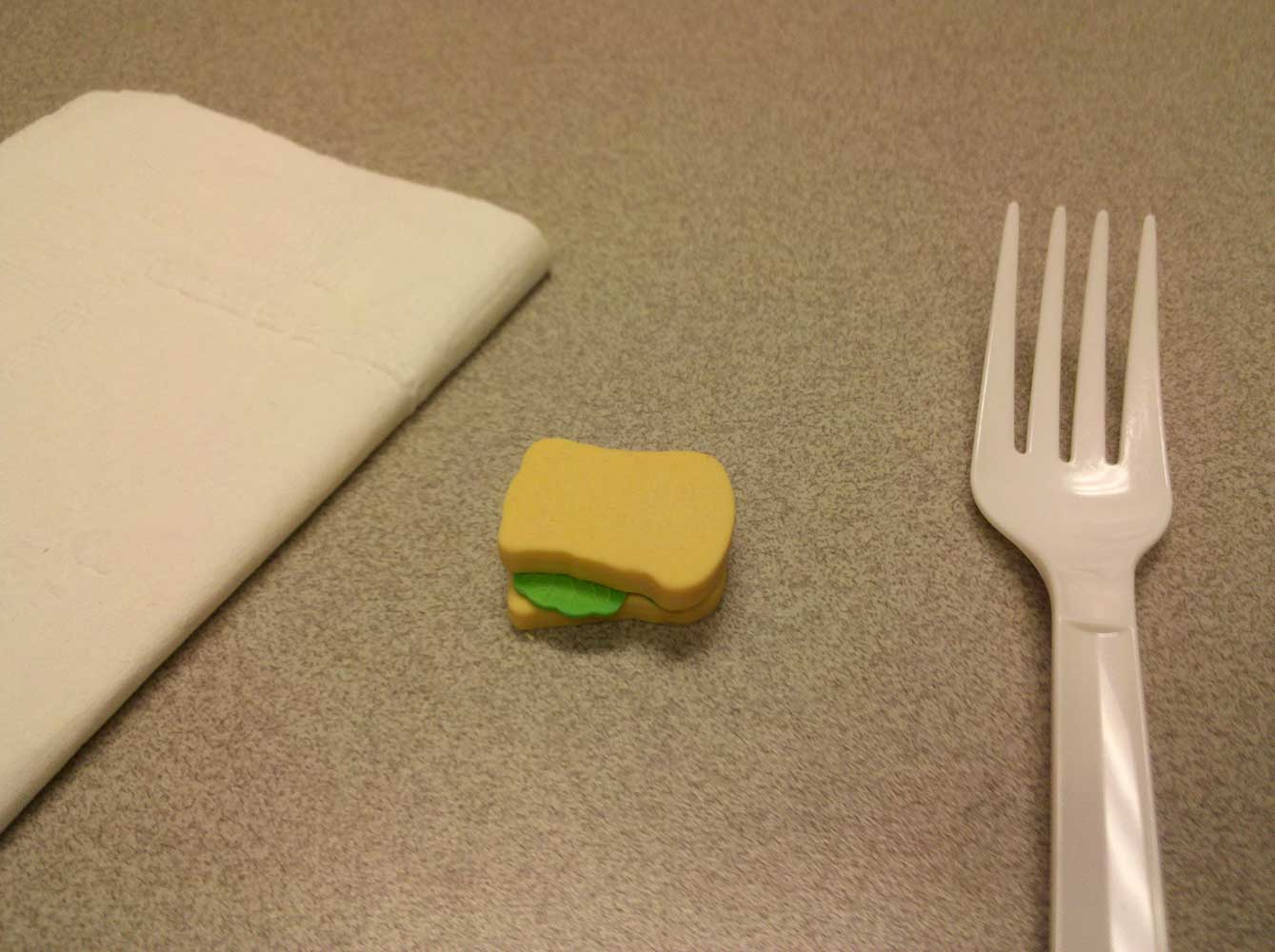Worth the wait to lose weight
The science of weight loss is a whole lot more complicated than simply ‘reduce eating, lose weight’. Our bodies are complex systems that can adapt to changes in the amount of food we consume and the amount of exercise we do. It’s not a simple relationship.
We’re using up energy all the time, even when we’re not working out in the gym or running a marathon. This is known as our ‘resting energy expenditure’—the amount of energy we use up when we’re just, well, ‘resting’.
When we diet, we’re restricting the amount of energy available to our bodies. Back in the day, when we relied on hunting and foraging for food, this sort of variable energy restriction wasn’t uncommon, and our bodies evolved mechanisms to deal with it. When food was scarce, our resting energy expenditure would drop—the body adapted to having less food and energy. The technical name for this is ‘adaptive thermogenesis’. It’s a bit of a mouthful (ha!).

So what does this mean for dieting? Well, it makes it tricky. If you restrict the amount of food you eat, and the amount of energy available to your body for a prolonged period, the body will often start to adapt to this reduced energy. Instead of burning all that extra fat you’re trying to get rid of, the body actually starts to use less energy, which is less effective for weight loss. This process can occur for people who have a body mass index in the overweight or obese range after they’ve only lost a small amount of weight, and still have lots of excess fat to burn—the survival mechanism to cope with scarce food availability kicks in somewhat prematurely. It's a classic example of how the evolutionary systems our bodies have developed for survival don’t always fit in all that well with our modern lifestyles (or is it the other way around?).
Scientists are looking into ways to minimise this effect and make weight loss achieved through dieting more effective and long lasting. A recent study compared the results of two different diet regimes for small groups of men with obesity: one group (19 men) dieted continuously for 16 weeks while another group (17 men) alternated two weeks of dieting with two weeks of ‘normal’ food intake, for a total of 30 weeks.

They found that the group that followed the two weeks on/two weeks off regime lost more weight and more fat than the continuous dieting group. The total average weight loss for the continuous dieters was 9.1 kilograms, while the intermittent dieters lost an average of 14.1 kilograms.
The researchers reasoned that because the diet of those in the second group wasn’t continuously restricted, the process of adaptive thermogenesis was reduced. This meant they continued to burn higher amounts of energy, resulting in greater weight loss.
But don’t get too excited—during the two weeks ‘off’ the men were provided with a controlled healthy diet that met their energy intake needs—they weren’t going to town on burgers, chips and chocolate.
The intermittent dieters also seemed more successful at keeping the weight off—although both groups of men had regained some weight in the time period following the end of the diet, the intermittent dieters regained less. Overall, six months after completion of the trial, the continuous dieters weighed on average around 3 kilograms less than their starting weight, while the men following the two weeks on/two weeks off regime weighed on average around 11 kilograms less than their starting weight.
It’s important to remember that this trial was conducted on a fairly small number of men only, and their starting weight was in the obese range. The process of adaptive thermogenesis works differently in people according to their starting weight and the energy intake or diet regime they’re already accustomed to. So the diet that may work best for a person with obesity isn’t necessarily going to be the one that works best for someone trying to slim down a kilo or two or just lose a tiny tubby tummy that seemed to appear overnight!
Our bodies are complex machines—if you want to change the size or shape of yours, see your GP or a nutritionist before you jump on the diet-merry-go-round to ensure you get accurate and useful advice.





